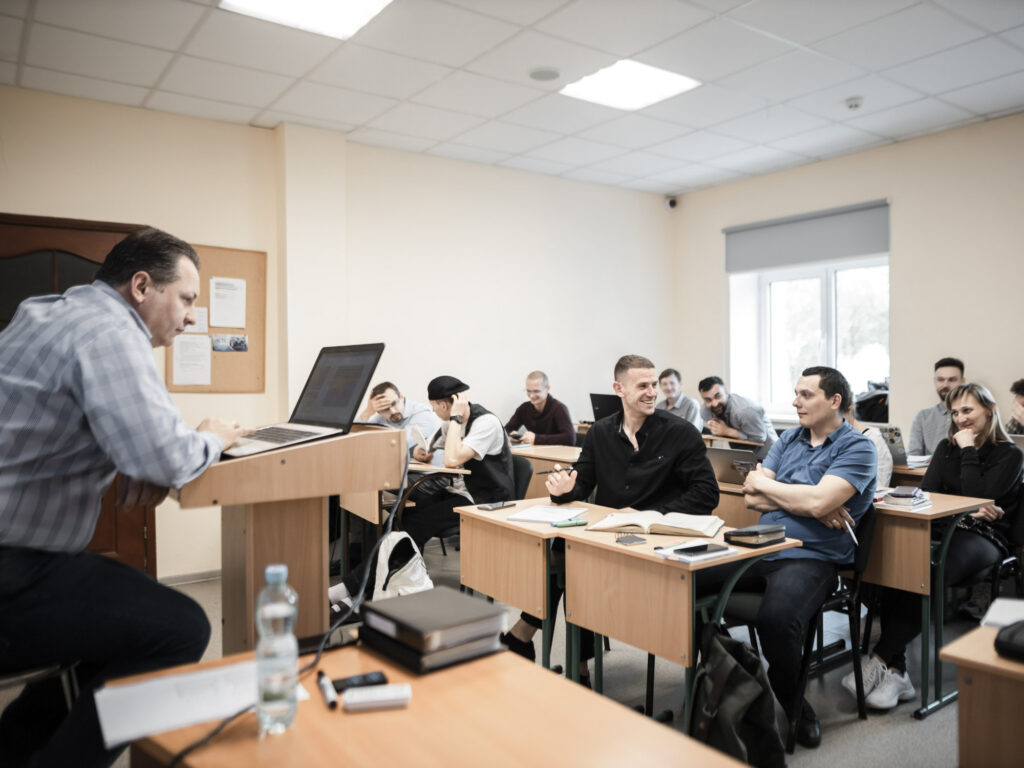Fundamentals of Applied Theology. Regional Centers.
Bachelor’s Degree / Certificate
On-Campus / Hybrid Mode
Bachelor’s Degree / Certificate
On-Campus / Hybrid Mode

The purpose of the program is to equip Christians with necessary basic knowledge and skills in the realm of theology, Bible studies and holistic mission. We want to see Christians in all regions of Ukraine who would build up the Church and transform society.


